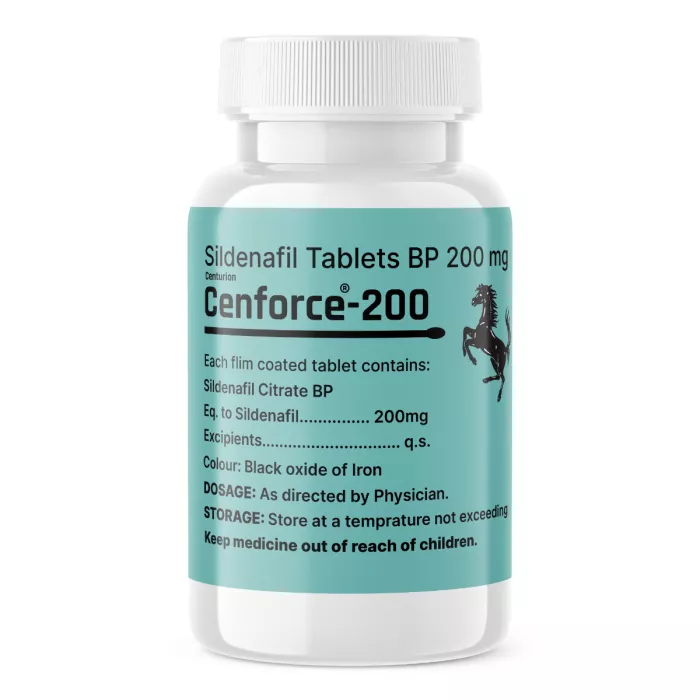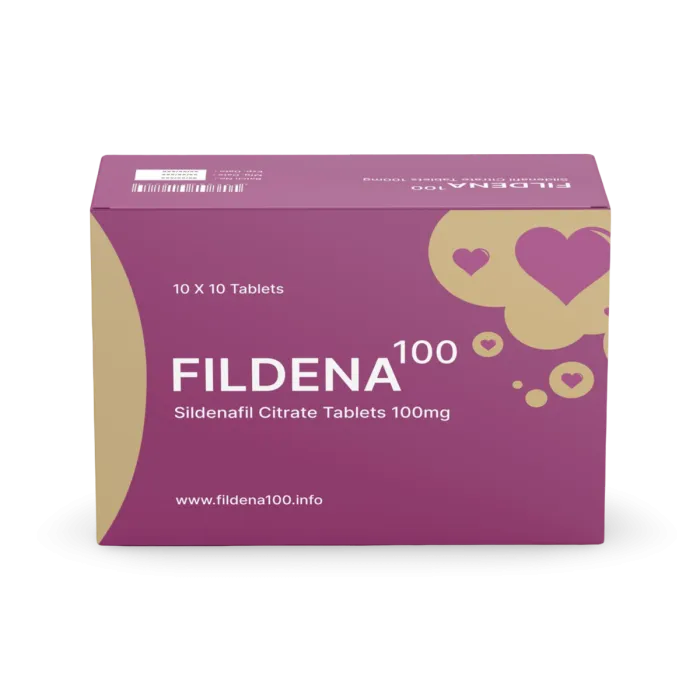Erectile Dysfunction (ED) is a common sexual disorder in men or Assigned Males at Birth (AMAB).
A person with ED cannot get or maintain an erection during sexual activities.
It is natural to get worried, so one always asks why can’t I get hard?
There are several causes of Erectile Dysfunction. The causes might vary for every individual.
These causes might be due to psychological, physical, medicinal, and lifestyle factors.
Although it is natural to get worried, there are several treatments available for ED symptoms.
The treatments usually range from exercises to therapy based on the factors causing ED in a person.
Doctors often prescribe medications for ED as a faster and more effective treatment option.
This article will discuss the possible reasons why a person can’t get hard and the available treatments.
Why can’t I get hard
If you face difficulty getting hard quite frequently, you might be struggling with Erectile Dysfunction.
There are various factors that might cause Erectile Dysfunction.
These might include physical, psychological, physical, medicinal, and lifestyle factors.
The psychological factors usually include causes like Stress, Anxiety, and Depression.
A study states that people with Diabetes, Hypertension, or cardiovascular diseases might face ED.
Certain medications, like a few antidepressants or sedatives, might result in ED.
Overusing alcohol or certain drugs are some lifestyle factors that might cause ED in certain individuals.
This section will discuss these possible causes that keep you from getting hard.
Save up to 90% on your medicine bills

Cenforce 200 mg

Kamagra Oral Jelly Rx 100 mg

Fildena 100 mg

Vidalista 60 mg
Psychological causes
A person undergoing constant Stress and Anxiety might face difficulty getting an erection.
Such individuals might often come across confusion about why can’t I get hard during sex.
When an individual is under stress or Anxiety, the brain releases the stress hormone Cortisol.
According to research, high levels of Cortisol may cause Erectile Dysfunction.
A study states that a person with Depression can also observe ED symptoms.
In some cases, a person might feel self-conscious about their body. It can result in performance Anxiety.
Performance Anxiety can also result in difficulty getting an erection.
If you want to achieve harder erections, read How to Get Hard: A Comprehensive Guide for Stronger Erections.
Physical causes
 Source: Keith_Brofsky_from_Photo_Images
Source: Keith_Brofsky_from_Photo_ImagesAccording to research, a person with neurological problems might face difficulties getting or maintaining an erection.
Neurological problems like Epilepsy and spinal cord injury may cause Erectile Dysfunction.
A person who has a hormonal imbalance might also face ED.
The hormonal disbalance includes low Testosterone levels, Thyroid disorder, and Diabetes.
Maintaining blood flow is essential in getting an erection and keeping it.
Also, conditions like pelvic floor injury and Hypertension might disrupt blood flow.
This disruption in blood flow can cause Erectile Dysfunction in men or AMAB.
Medications
The use of certain medications might create difficulty for a person in getting an erection.
High blood pressure medicines can cause ED as a side effect.
People who take medications like antidepressants and sedatives might also face Erectile Dysfunction.
Lifestyle factors
There are several lifestyle factors of a person that might cause Erectile Dysfunction.
A person who drinks excessive alcohol can have difficulty in getting an erection.
Excessive alcohol use might interfere with Testosterone production and cause nerve damage.
Low Testosterone levels and nerve damage lead to Erectile Dysfunction in several individuals.
Research indicates that people who smoke excessively might also face the condition of ED.
Another study states that people who use drugs are most likely to have difficulty getting an erection.
Available treatments for ED symptoms

It is natural to get worried when one is facing Erectile Dysfunction. However, there are several treatment options available for ED.
A person who is facing the symptoms of ED can practice kegel exercises and Pilates.
Kegel exercises and Pilates can help a person strengthen their pelvic floor muscles.
Strong pelvic floor muscles maintain proper blood flow to one’s genitals and help a person get and maintain an erection.
One may also benefit from aerobic exercises like walking, running, and Jogging in treating ED.
According to a study, a person facing ED due to psychological causes can take sex therapy as a form of treatment.
Exercise and sex therapy can be effective in certain individuals. However, it might not work for everyone.
To learn more about the ED exercises and how to perform them, read What are Erectile Dysfunction Exercises and How to do Them.
Doctors usually prescribe Phosphodiesterase type 5 (PDE5) inhibitors to treat ED.
PDE-5 inhibitors help boost the blood flow to the genitals, helping a person get an erection.
The most popular PDE-5 inhibitors for ED include Sildenafil (Viagra), Vardenafil (Levitra), Tadalafil (Cialis), and Avanafil (Stendra).
You should always consult with a medical expert before taking any medications.
To explore more ED medications, read Know the Different Kinds of Erectile Dysfunction Pills.
However, like most medications, these two also have a few side effects. These side effects include headaches, flushing, upset stomach, muscle and back pain.
Conclusion
Erectile Dysfunction (ED) is a common sexual dysfunction among men or AMAB.
Since ED is a common sexual dysfunction, men often ask why can’t I get hard.
Individuals with ED have trouble getting or maintaining an erection during sexual activity.
An individual can have ED due to physical, psychological, medicinal causes, and lifestyle factors.
The psychological causes include stress, Depression, and performance Anxiety.
A person with physical conditions like hormonal disbalance or neurological disorders may also experience ED symptoms.
High blood pressure medications, sedatives, and antidepressants may prevent a person from getting an erection.
Several lifestyle factors can make a person experience Erectile Dysfunction.
These factors include the overuse of alcohol, smoking, and drug overuse.
Although ED symptoms might be a cause for worry, there are several treatment options available for ED.
One can practice pelvic floor exercises, Pilates, and aerobic exercises to treat ED.
Sex therapy is another popular option of treatment when treating the psychological factors of ED.
Doctors also suggest medicines as a faster approach to treating the symptoms of Erectile Dysfunction.
They often prescribe PDE-5 inhibitors like Sildenafil, Vardenafil, and Tadalafil, which are FDA-approved medications for ED.
If you are facing trouble keeping an erection, consult your doctor immediately.

Frequently Asked Questions
Why can’t I get hard, and I’m 20?
If you are experiencing trouble getting hard, you may have Erectile Dysfunction. Any man can get ED symptoms despite their age. However, it is always better to consult your doctor to determine the cause of your ED.
Can you fully recover from Erectile Dysfunction?
No, you cannot fully recover from Erectile Dysfunction, as ED is an incurable condition. However, one can treat their ED symptoms and make the condition better. There are several treatments available for ED. These include exercises, sex therapy, and medications.
How can you treat Erectile Dysfunction naturally?
You can treat Erectile Dysfunction naturally with exercises and dietary supplements. Pelvic floor exercises and Pilates help strengthen one’s pelvic floor muscles, which can help a person get and maintain an erection. Dietary supplements like eggs, beans, mushrooms, and peanuts can help with the symptoms of ED.
How to quickly treat Erectile Dysfunction?
Doctors usually prescribe medications as a way to treat Erectile Dysfunction quickly. They suggest PDE-5 inhibitors like Sildenafil, Vardenafil, and Tadalafil to treat ED symptoms. Doctors prescribe PDE-5 inhibitors since they increase blood flow to the genital and help a person get an erection.
Is it safe to take PDE-5 inhibitors as ED medications?
Yes, taking PDE-5 inhibitors as ED medications are safe until one takes them according to prescription. However, there are a few side effects of the medicines. These side effects include headaches, flushing, upset stomach, muscle and back pain.
Cheap Medicine Shop only refers to credible, authoritative sources for our content. If you’re curious about how we ensure the integrity of our content, we encourage you to read our Content Information Policy.














